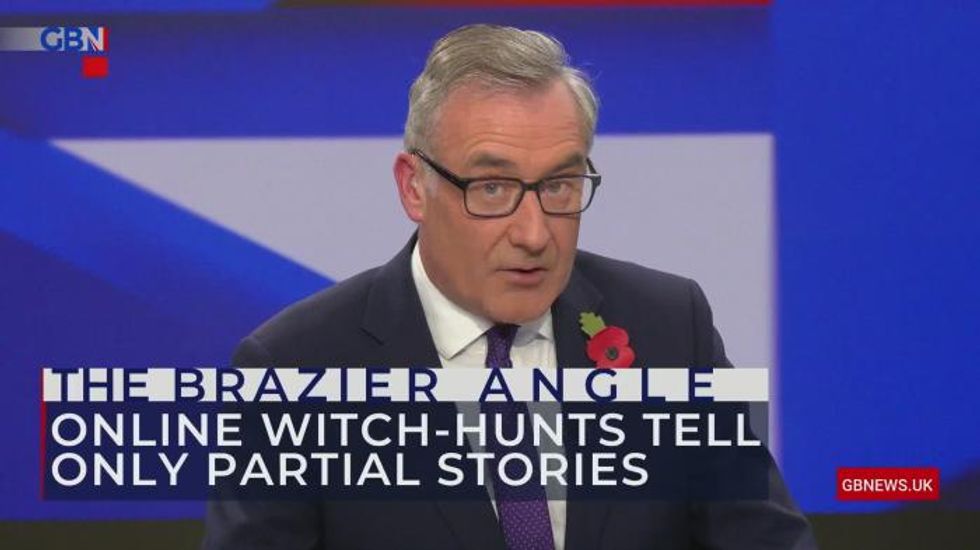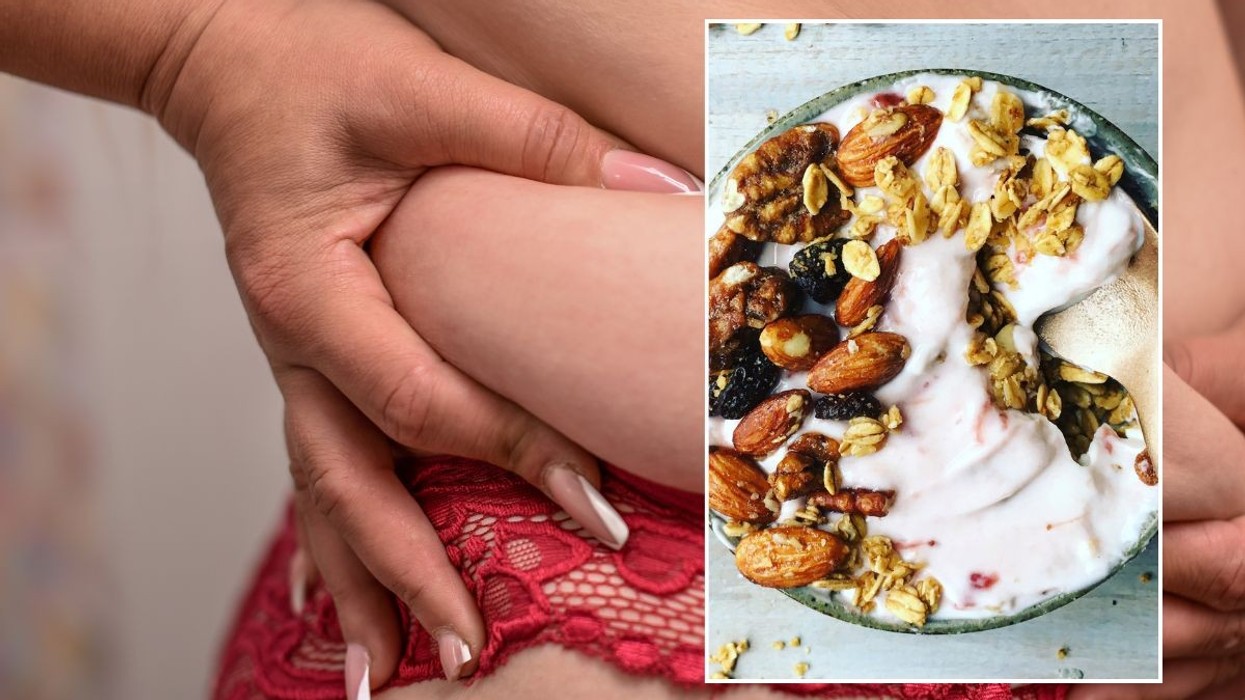Don't Miss
Most Read
Trending on GB News
Have a look at this video, filmed by hunt saboteurs in Leicestershire and watched by over a million people.
BBC presenter Chris Packham is demanding that the RSPCA investigate this incident, and they are. The police say they’re ready to assist too.
On Twitter the woman, the rider, is being widely vilified. She's faced death threats and has been forced into hiding. Having been at the still-centre of a Twitter storm I can imagine how she might be feeling.
Remorseful, embarrassed and really rather frightened. Deservedly so, many will say. She is, according to several online comments, an evil psychopath who deserves to be kicked, and worse. She exemplifies the ruling class who sustain the barbarism of trail-hunting. Well, she’s not a toff, she’s a primary school teacher.
Like many of the half million Britons who keep horses, she’s probably not awash with cash. One of the great urban myths about horsey folk is that they’re all loaded. A few are, but a great many scrimp and save to pursue a hobby that takes over lives almost like no other. I should know.
My late-wife and I decided that the best way of keeping our children occupied and exhausted and able to manage risk was by getting them to ride. And, although I’m an equestrian ignoramus, who grew up in the city, I no longer see horses as Disney characters, who crave nothing more than an apple and a kind word.
The first time I recognised this was when we were leant a pony. It got its foot caught in a fence. Whereupon a neighbouring New Forest pony backed up towards it, and repeatedly kicked it with both hooves, with a force that wouldn’ve broken a man’s leg.
It was vile behaviour, to my human eyes, but perfectly natural in the wild, where the pecking order is very real and very brutal. I say this because, although the rider in the video you saw a moment ago was clearly out of order, she isn’t the incarnation of cruelty. I’m not defending her - that would probably lead to death threats after all - but I am encouraging some perspective.
I get very suspicious when one person finds themselves on the receiving end of a massive social media pile on. Especially one spurred-on – that feels like the right phrase - by activists who tell a partial story. For instance, it’s widely claimed that this female rider punched her horse.
She didn’t. She slapped it. And you can see that in the pictures. She slapped it across the face. Not great. But if this were a court hearing, a judge would see a very big difference between a slap and a punch, I can tell you. The other thing is this. There is a gap opening up. It’s long been there, but it’s bigger than ever.
On one side predominantly urban commentators, on the other, mainly rural folk whose comprehension of animals is based on experience. And I can guarantee that many of the latter, the country folk, will have seen the reaction to this video and felt a sense of moral paralysis. Unable to speak out, to contextualise, for fear of being seen as an apologist for animal cruetly. But also conscious of the essential calculus of having a horse. It has the brain of a toddler, inside half a tonne of unpredictable bone and muscle. I mention this because horsey folk know that many equestrian injuries don’t happen on horseback.
They happen when they’re being led around, in and out of stables or a lorry; which is what the woman in the video was attempting. I know this is true because I’ve been knocked off my feet by a stampeding horse and I’ve made at least one trip to hospital with a child who was left concussed. He was leading one pony, which another took a swipe at. It missed his pony, but connected with his head.
Thankfully, he was wearing a riding hat. My point is that generally, a horse will be ungovernable if it senses fear or imagines you weak. Nature is red in tooth and claw and all that stuff. Of course, it should be possible to do this without excessive physical chastisement. But often it’s only an appeal to baser instincts that works, a threatening tone of voice, an offer of food, a strong shove, maybe a slap on the shoulder. It’s not sadistic, it’s necessary. Get it wrong, be weak, and bad things happen. A horse that’s out of control is a hazard to itself, passing cars, dogs, kids etc etc.
To which some people will say, if you have to control them with force, compel them with a slap, then it’s better that people don’t keep horses at all. Five million Britons either ride or have ridden horses. If you made it illegal, as some Vegans want, it’s not just people who will suffer. There are currently about a million horses in Britain.
How many would be left if they were permitted to live only as undomesticated animals, in the wild? A few thousand perhaps. Worse still, we would, as a society, lose something vital. A connection with an older, tougher way of life, based on the most successful inter-species collaboration in human history. That's the Brazier Angle.











